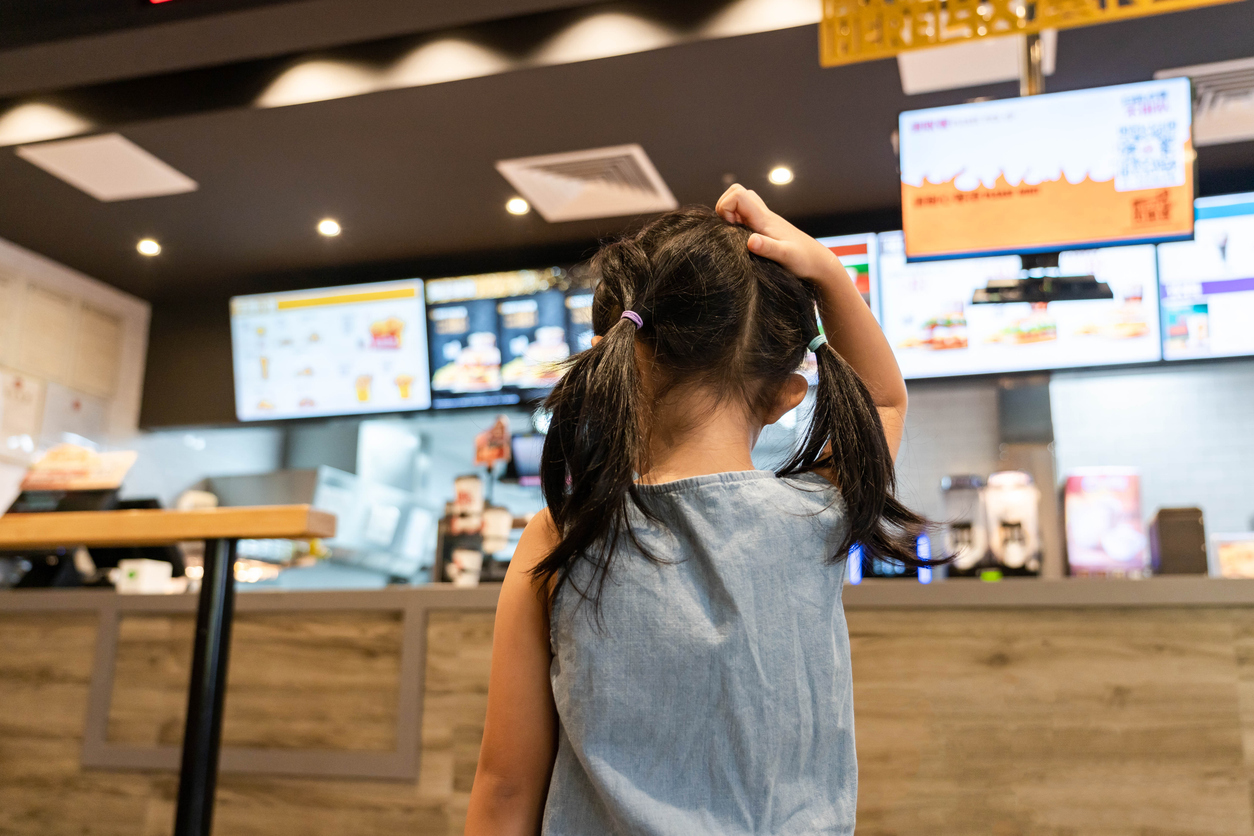Setting clear goals is essential for the growth and success of any restaurant. Goals provide direction, motivate staff, and help measure progress. By distinguishing between short-term and long-term goals, restaurant owners can create a balanced approach to achieving their vision. Short-term goals typically focus on immediate improvements and operational efficiency, while long-term goals are aimed at sustainable growth and strategic development. Let’s explore how these goals can help your restaurant's growth!
Importance Of Setting Goals In The Restaurant
Establishing clear goals is crucial for any restaurant's success. Successful goals are clear and well-defined, providing restaurant owners and their teams with a roadmap to follow. Financial goals, such as overall sales targets or cost management, significantly affect a restaurant's profitability and sustainability. Additionally, customer service goals—like reducing wait times or enhancing food quality—directly influence customer satisfaction and loyalty.
Key points to consider include:
- Clear goals provide a sense of direction for the team.
- Financial goals can significantly affect profitability.
- Objectives related to customer service enhance satisfaction and loyalty.
The SMART Criteria For Goal Setting
A structured approach is necessary to achieve objectives effectively. The SMART criteria offer a useful model for setting specific and achievable goals. SMART stands for Specific, Measurable, Achievable, Relevant, and Timely.
Specific
A specific goal clearly defines what is to be achieved. For example, a vague goal like "increase sales" can be transformed into a specific goal such as "increase sales by 15% in the next quarter." Well-defined objectives help maintain focus and clarity for the team.
Measurable
Measurable goals allow teams to track progress and assess success. Restaurant owners can make informed decisions about their strategies by quantifying progress through metrics like sales numbers or milestones reached.
Achievable
Setting realistic targets is essential. To motivate progress, goals should be challenging yet attainable. When determining the feasibility of a goal, consider resource availability, time constraints, and skill levels. High expectations can sometimes be unproductive, so setting goals within reach is important.
Relevant
Goals must align with the organization’s values and long-term objectives. Some goals may seem beneficial but lack relevance to the business context, which can divert focus from what truly matters. Relevant goals keep efforts concentrated on what is essential for growth.
Timely
Setting deadlines for goals creates urgency and focus. Effective timelines should encourage progress without causing undue pressure. Establishing realistic deadlines helps teams stay on track and motivated.
Short-Term Restaurant Goals

Focusing on tangible short-term objectives can significantly enhance a restaurant's success. Here are some key areas to consider:
Increasing Daily Net Sales
To boost daily net sales, restaurants can:
- Optimize pricing strategies
- Implement upselling techniques
- Improve table turnover rate
Regularly tracking daily sales performance and adjusting operations based on insights is crucial.
Enhancing Customer Satisfaction
Improving customer satisfaction involves focusing on options that add value to consumers. This can include enhancing product and service quality, maintaining courtesy in communication, and adhering to response times for customer complaints. Additionally, the ambiance and cleanliness of the restaurant play a significant role in creating a positive dining experience.
Improving Employee Performance
Investing in employee training and motivation is vital for meeting short-term objectives. Strategies to boost employee productivity include:
- Regular feedback
- Recognition programs
- Addressing management issues
Employee performance directly influences customer satisfaction and sales. Fostering a motivated workforce is essential.
Streamlining Operations
Streamlining restaurant operations can reduce costs and improve efficiency. Addressing everyday challenges such as restocking, food preparation, and order receiving can make a significant difference. Implementing technology solutions can also enhance operational efficiency.
Boosting Marketing Effectiveness
Short-term marketing efforts can drive more foot traffic to the restaurant. Strategies include:
- Leveraging social media
- Offering temporary special promotions
- Collaborating with local bloggers or food influencers
Regularly assessing the success of marketing promotions is essential for making necessary adjustments.
Long-Term Restaurant Goals
Long-term goals are crucial for guiding a restaurant's growth and strategic planning. They help determine performance and are essential when planning for the future.
Expanding The Customer Base
Targeted marketing, special menus, or customer reward programs can capture customer attention. Understanding the target customer group and their preferences is vital for increasing revenues, and expanding the customer base directly contributes to revenue growth.
Opening New Locations
Expanding to new outlets is an important objective for restaurant franchises. Organizations must assess potential sites based on factors such as:
- Competition
- Customer density
- Accessibility
Maintaining consistent service delivery and brand image across all locations is also crucial for success.
Implementing Sustainable Practices
Sustainability is becoming increasingly important in the restaurant industry to reduce environmental impact and meet customer expectations. Implementing major sustainable practices can include:
- Sustainable sourcing
- Waste reduction
- Energy conservation
These efforts help the environment and enhance the restaurant's brand image, appealing to customers who prioritize eco-friendly options.
Building Brand Loyalty
Developing brand loyalty is essential for long-term success. Restaurants can foster brand equity through holiday promotions, discounts, and creating a positive culture. Customer loyalty can lead to valuable recommendations, which serve as powerful advertising. Focusing on customer retention rather than solely on acquisition can yield significant benefits for the organization.
Developing A Strong Online Presence
A strong online presence is vital for any restaurant. Engaging with customers through social media, maintaining a well-designed website, and managing online reviews can significantly enhance visibility and drive traffic. Consistent and professional online interactions foster trust and credibility, which are crucial for attracting and retaining customers.
Here are several key components that contribute to building and maintaining an effective online presence:
- Utilize popular social media platforms such as Facebook, Instagram, Twitter, and TikTok to connect with customers.
- Ensure your website is user-friendly, easy to navigate, and mobile-responsive to accommodate users on various devices.
- Implement online reservations and ordering systems that allow customers to make reservations or place orders online. This will enhance convenience and accessibility.
- Provide links or reminders on receipts, social media, or during follow-up communications to encourage satisfied customers to leave reviews.
Turning Ambitions Into Achievements With Checkmate
As restaurants strive to enhance their online presence, streamline operations, and build customer loyalty, the right goals will be a foundation for sustainable success. With Checkmate's innovative solutions, restaurant owners can turn their ambitions into tangible achievements, gaining more customers and improving overall performance in an increasingly competitive landscape. Embrace the power of goal-setting and get a demo to navigate your journey toward excellence today!





